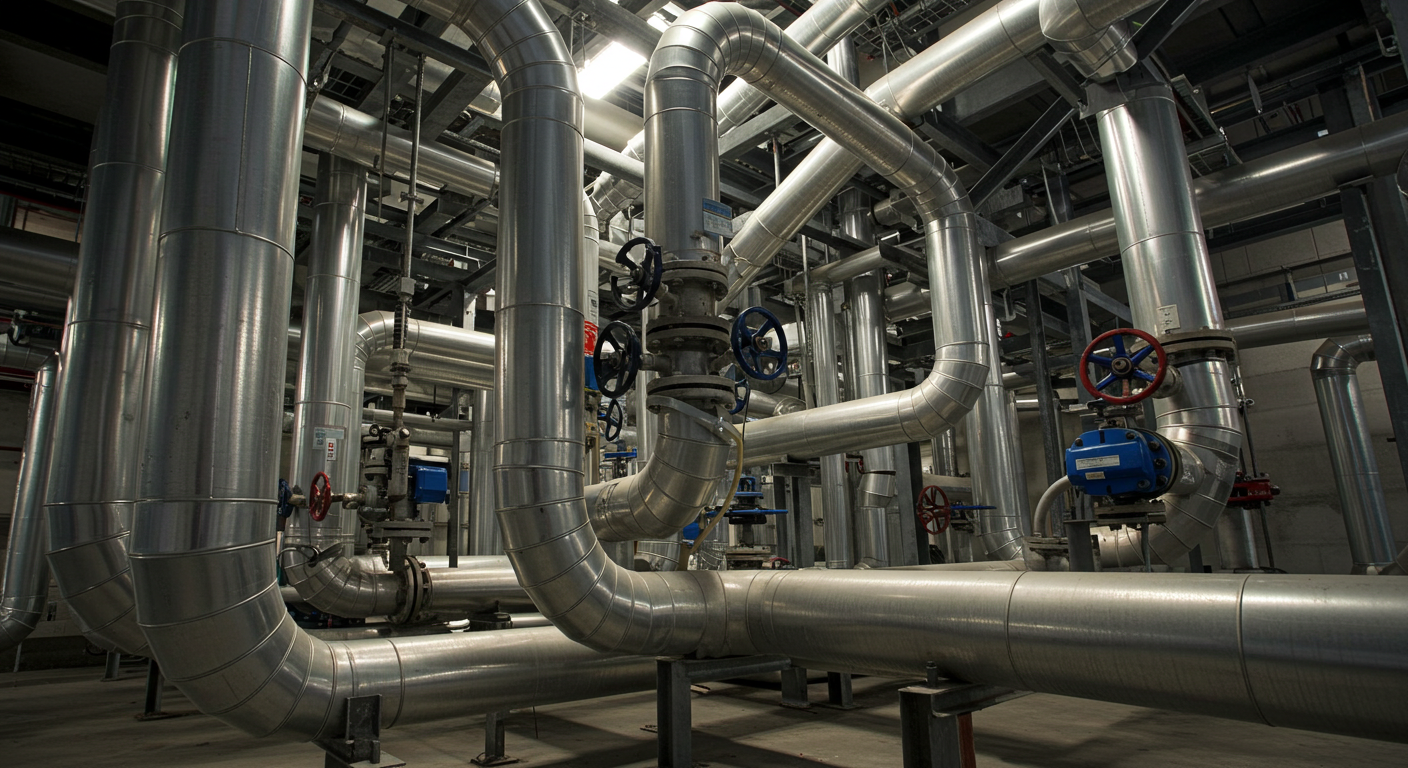A pipe fitter in Malaysia is a skilled tradesperson who specializes in the installation, maintenance, and repair of piping systems.
They work in a variety of industries, including construction, oil and gas, and manufacturing.
Pipe fitters are responsible for reading and interpreting blueprints, cutting and threading pipes, welding and soldering, and installing valves and other fittings.
They must also be knowledgeable about different types of piping materials and be able to work with a variety of tools and equipment.
In Malaysia, pipe fitters are in high demand due to the country’s growing infrastructure and industrial sectors.
How much does a Pipe Fitter make in Malaysia per month?
The salary of a pipe fitter in Malaysia can vary depending on experience, location, and company.
On average, a pipe fitter in Malaysia can earn around MYR 2,000 to MYR 4,000 per month.
This is equivalent to approximately USD 480 to USD 960 per month. However, this is just an estimate and actual salaries may differ.
Is Pipe Fitter in high demand in Malaysia?
Yes, pipe fitters are in high demand in Malaysia, particularly in the oil and gas, construction, and manufacturing industries.
The country’s growing economy and infrastructure development projects have led to an increased need for skilled workers in these sectors.
However, the demand may vary depending on the region and specific industry.
Is Pipe Fitter a good career in Malaysia?
Pipe fitting is a skilled trade that involves the installation, maintenance, and repair of piping systems. It is an essential part of many industries, including construction, manufacturing, and oil and gas.
In Malaysia, there is a demand for skilled pipe fitters, and the job outlook is positive.
The salary for pipe fitters in Malaysia varies depending on experience and location, but it can be a lucrative career with opportunities for advancement.
Overall, pipe fitting can be a good career choice in Malaysia for those interested in the field.
What kind of companies hire Pipe Fitter in Malaysia?
If you’re wondering what kind of top companies hire Pipe Fitter, here are some examples to consider:
1. Oil and Gas Companies
2. Construction Companies
3. Shipbuilding Companies
4. Plumbing and Heating Contractors
5. Industrial Manufacturing Companies
6. Power Generation Companies
7. Water and Wastewater Treatment Plants
8. HVAC (Heating, Ventilation, and Air Conditioning) Companies
9. Chemical Processing Plants
10. Mining Companies
What other jobs can Pipe Fitter do?
There are often many transferable skills as Pipe Fitter that can be utilised in other industries.
If you’re wondering what other jobs you can do with experience as a Pipe Fitter, consider exploring the following alternatives:
1. Welder
2. Plumber
3. HVAC Technician
4. Steamfitter
5. Boilermaker
6. Sheet Metal Worker
7. Industrial Mechanic
8. Electrician
9. Millwright
10. Maintenance Technician
What are the skills required for Pipe Fitter?
To be a successful Pipe Fitter, you need to possess a variety of skills.
Here are some of the most important skills for a Pipe Fitter:
1. Knowledge of plumbing and pipe fitting techniques
2. Ability to read and interpret blueprints and schematics
3. Proficiency in using hand and power tools
4. Understanding of safety procedures and regulations
5. Physical strength and stamina to lift and maneuver heavy pipes and equipment
6. Attention to detail and accuracy in measuring and cutting pipes
7. Problem-solving skills to troubleshoot and resolve issues with piping systems
8. Communication skills to work effectively with team members and clients
9. Time management skills to complete projects within deadlines
10. Adaptability to work in different environments and conditions, such as confined spaces or at heights.
By developing these skills, you can position yourself for success as Pipe Fitter and make valuable contributions to your organization.
How can I become a Pipe Fitter in Malaysia?
Becoming a Pipe Fitter requires a combination of education, experience, and skills.
To become a Pipe Fitter in Malaysia, you can follow these steps:
1. Obtain a high school diploma or equivalent qualification.
2. Enroll in a technical or vocational school that offers courses in pipe fitting or plumbing.
3. Complete a pipe fitting apprenticeship program, which typically lasts for four years. During the apprenticeship, you will receive on-the-job training and classroom instruction.
4. Obtain a certification in pipe fitting from a recognized organization, such as the National Center for Construction Education and Research (NCCER).
5. Gain work experience by working as a pipe fitter assistant or helper.
6. Apply for pipe fitting jobs in construction companies, manufacturing plants, or other industries that require pipe fitting services.
7. Continue to update your skills and knowledge by attending training programs and workshops.
8. Consider obtaining additional certifications or licenses, such as a welding certification or a plumbing license, to expand your job opportunities and increase your earning potential.
By following these steps and continually honing your skills, you can become a successful Pipe Fitter and make a meaningful impact in the field.
Disclaimer:
This guide is provided as-is and may not represent the most up-to-date information or requirements to become Pipe Fitter.
It’s always recommended to seek advice from experts in the field and refer to reputable sources for the latest information.
We do not take any responsibility for any damages or decisions made based on the information provided in this guide.
Share Your Salary Anonymously
Help create salary transparency by sharing your information. We respect your privacy and do not collect any personal details. Your contribution helps others in the industry make informed career decisions.

